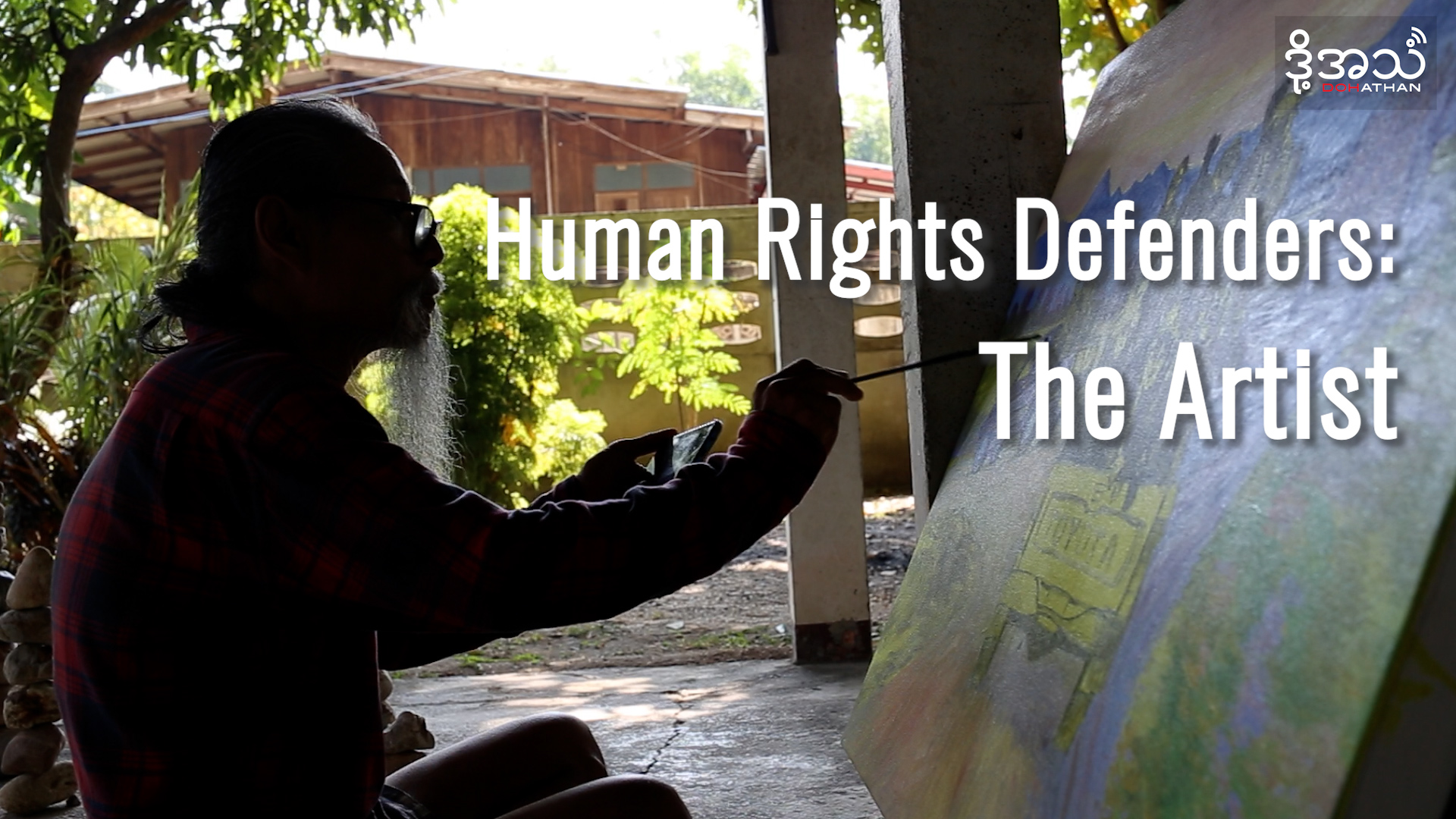Businesses in Myanmar often view journalists with suspicion but the business community can support journalists and media organisations in a number of mutually beneficial ways.
By VICKY BOWMAN & THOMPSON CHAU | FRONTIER
So far, 2020 has not been a good year for media freedom in Myanmar. We’ve already seen the continuation of the world’s longest internet shutdown in nine townships of Rakhine and Chin states, the blocking of almost 70 “fake news” websites and the continued arrests of journalists. All this is taking place at a time when media reporting and access to information is even more important than usual due to the COVID-19 pandemic.
An annual survey by advocacy group Free Expression Myanmar released today showed that, for a third consecutive year, journalists believe that media freedom is diminishing, and that the government, including the military, is the main cause of this decline.
Although government censorship is mostly responsible for the perceived decline of media freedom, the private sector is not blameless. Some of the companies we talk to – both Myanmar and foreign – are inclined to view the media as a source of problems rather than a source of support. It’s common to hear complaints about inaccurate reporting or media bias, that reporters are poorly informed about their areas of focus, or that journalists haven’t bothered to check facts with the firm before leaping into print or online comment.
However, the same companies often make it hard for journalists to check facts, because they don’t provide accurate information online about their business and its activities. It’s rare for Myanmar companies to post up-to-date and meaningful information about their activities on their corporate website – if they even have one. This is an important step for facilitating good business reporting.
This failure is reflected in the Pwint Thit Sa (Transparency in Myanmar Enterprises) report, which the Myanmar Centre for Responsible Business has published nearly every year since 2014. MCRB has just sent out the first round of draft scores for the 2020 report to companies, and the figures show that only 58 percent of the 277 firms assessed have functioning websites, and only 30 of those companies had updated them since last year.
It’s important to note that information disclosure isn’t just good public relations: it is increasingly required under Myanmar regulations, particularly for public companies and banks.
For decades Myanmar had no press freedom, so it’s perhaps not surprising that some businesspeople seem to underestimate the importance of a functioning media for a healthy operating climate.
But the relationship between businesses and the media shouldn’t be one of suspicion or antagonism. It can be a win-win for both journalists and the business community.
Businesspeople – and in particular investors – need professional and ethical journalists to accurately report on market news, government policies and company activities to help them with their due diligence and investment decisions.
Businesses that care about combatting corruption and creating a level-playing field where their competitors are required to comply with labour, safety and environment rules, should welcome and support investigative journalism. They might even want to alert journalists when they have suspicions of corrupt or anti-competitive activity, or poor environmental practices, and brief them off-the-record. With the support of the media, they can often pressure the regulator to act.
Private media organisations are commercial entities too. They need income to undertake and sustain quality investigations. Businesspeople should subscribe to, and advertise with, media outlets who engage in quality reporting and steer clear of supporting those that undermine good journalism by stealing content and reposting it. The Myanmar Press Council has identified a number of these.
Support, though, does not mean paying journalists for coverage. This practice only undermines quality journalism. Where a story is newsworthy, this should not be necessary. If the company wants its chairman’s COVID-19 donation in the newspapers, it can always pay for an advertisement.
Business, media, and civil society inhabit a “shared space” in which they all benefit from accountability and transparency. This space needs protecting. When freedom of expression and access to information are under threat, businesses should raise concerns with the government in private or even in public. Some have already been doing this: in July 2019, European investors in Myanmar criticised the internet shutdown in Rakhine and Chin states due to its negative economic and social effects, and the damage it was doing to Myanmar’s reputation as a destination for responsible investment.
When governments censor journalism or restrict access to information, it doesn’t just affect the media – it can have a direct impact on companies, too. In one recent example, telecoms operators and internet service providers have been put in the invidious position of censoring independent news sites such as Karen News and Rakhine-based Narinjara and Development Media Group. This breaches their corporate commitments to respect human rights, but the alternative is to risk losing their licences to operate.
These problems stem directly from the regulatory framework. The 2013 Telecommunications Law does not protect human rights, and the way in which the government is applying it contravenes international human rights standards.
Businesses therefore need to integrate protection of human rights when they undertake regulatory advocacy, and press for the right to freedom of expression to be included in the laws that govern how they operate.
If they don’t, they could find themselves forced to make a choice between adhering to local law or respecting human rights. This is not an attractive place for a responsible business, and will deter investment.
But the responsibility is not just on businesses to advocate for freedom of expression and access to information. As it seeks to attract and retain the best companies to support Myanmar’s development, the government also needs to understand that these issues matter to companies and will affect where they choose to do business.
Vicky Bowman is director of the Myanmar Centre for Responsible Business and a former British ambassador to Myanmar. Thompson Chau is director of the Myanmar-Hong Kong Chamber of Commerce and Industry. The views expressed are his own and do not necessarily represent or reflect the views of the chamber.







